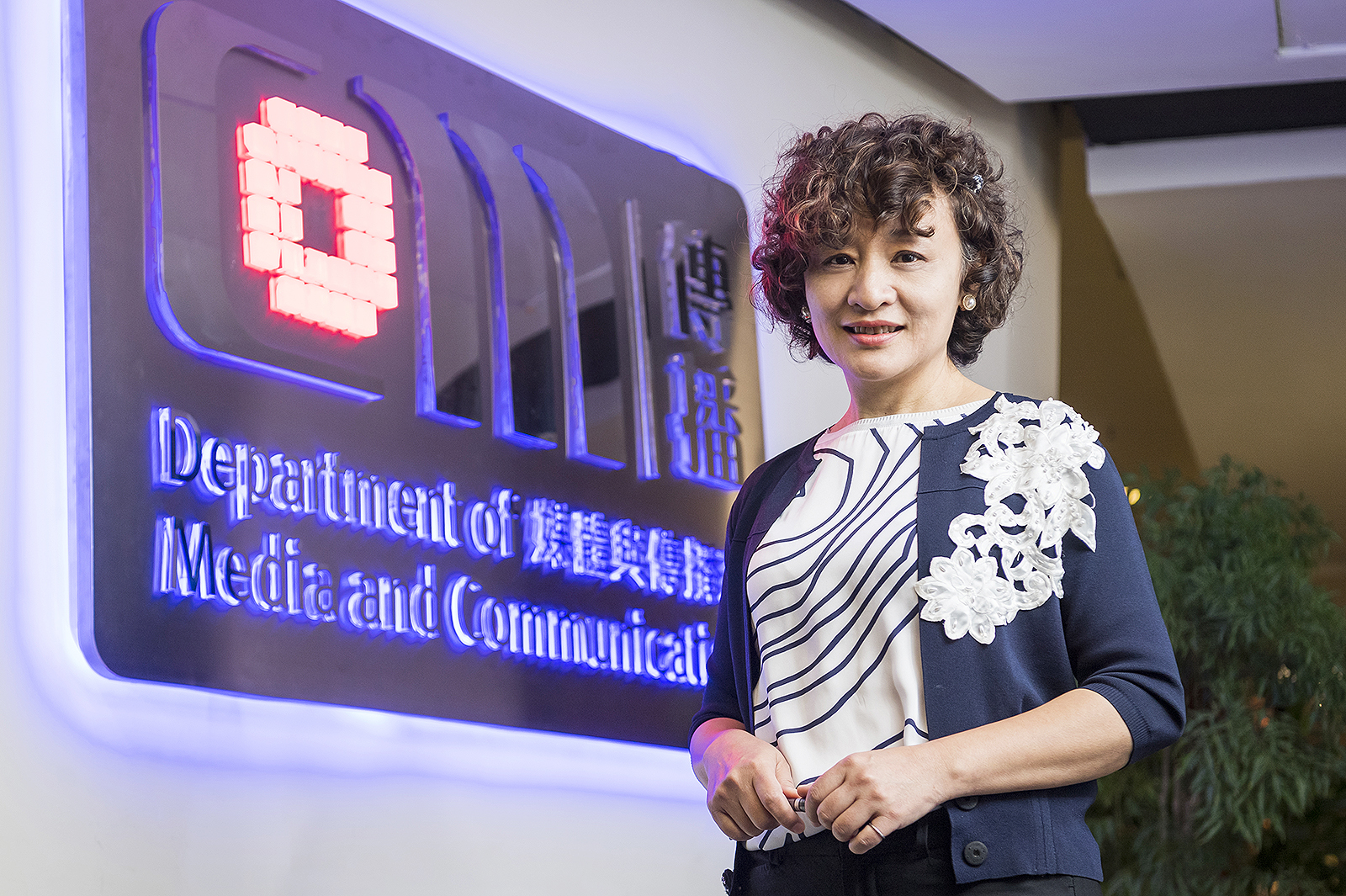CityU survey indicates background and trust in government affect citizens’ willingness to receive coronavirus vaccines

As coronavirus vaccines start to arrive in Hong Kong, the key to winning the battle against the pandemic is the number of people getting vaccinated. To achieve herd immunity, at least 70% of the population should get the vaccination, according to experts. However, a survey conducted by City University of Hong Kong (CityU) has revealed that only 38% of citizens are willing to get inoculated. Young people (aged between 20 and 24) are the least enthusiastic, with less than 30% indicating a willingness to get the jab.
A research team led by Professor Christine Huang Yihui, Chair Professor of Communication and Media at CityU, conducted a poll to find out citizens’ willingness to get vaccinated and any correlation between their tendencies and backgrounds. Online questionnaires with 3,190 respondents aged over 20 were conducted in September 2020. The survey was conducted based on the distribution of gender, age and residential districts found in Hong Kong’s 2016 population by-census. The method of stratified sampling was adopted for the survey and population weights were used to adjust the sample to census parameters in the data analysis.
The major findings are:
- In general, Hong Kong citizens were not keen to receive the vaccination. Around 38.2% of respondents expressed their willingness, 42.7% their unwillingness, and 19.2% took a neutral stance.
- A clear correlation between gender and willingness for getting vaccinated was observed. Around half (48.7%) of male respondents were willing to get the jabs, higher than that of female respondents (37.3%). (Please refer to Chart 1).
- A clear relationship was observed between age and tendency for getting inoculated. In general, older respondents were more willing. More than half (51.1%) of respondents aged above 55 expressed their willingness, while less than 30% (29.5%) aged between 20 and 24 indicated their willingness. (Please refer to Chart 2).
- In terms of education level, most respondents (42.7%) with, or studying for, a bachelor’s degree were unwilling to get vaccinated. For all other groups, less than 40% of respondents expressed their reluctance. (Please refer to Chart 3).
- Children in a family was a determining factor for receiving vaccination. More respondents (53%) having children in the family were inclined to get the jabs, while only 37.7% of respondents who had no children were willing. (Please refer to Chart 4).
- In addition to understanding the backgrounds of respondents, the survey revealed thoughts about the coronavirus and levels of trust in the government. It was found that, after controling for the effects of demographic variables such as age, gender, education level, income and residential district, willingness to receive the vaccination was closely related to trust in the government. Regardless of the groupings, a higher level of trust in the government should lead to a stronger willingness for vaccination, the results indicated.
- It was also found that respondents’ tendency to get the jabs was related to their knowledge about the risk of catching the coronavirus, but such a relationship was relatively weak. Regardless of the groupings, people expressed a willingness to get inoculated if they felt there was a greater risk and higher level of uncertainty about the coronavirus, and that they thought that they and their children were likely to be infected.
Professor Huang said she hoped that the survey results could help the Hong Kong SAR government formulate more effective communication strategies to promote the vaccination. “It was found that people of different genders, ages and education levels had very different tendencies for getting vaccinated. For instance, younger respondents were less willing to receive an inoculation. Therefore, the government should enhance communication with those particular groups,” she said.
She stressed that the problem was found not only in Hong Kong. Governments in other countries or cities have met the same challenge of trust during the pandemic, according to international studies. A population census conducted in the US earlier this month found that the highest proportion of Americans who lacked trust in the government’s ability to deal with coronavirus issues was among those aged 18 to 25, almost double that of people aged above 65.
“Our survey found that nearly 20% of respondents did not have a clear stance on receiving the vaccination, indicating that the Hong Kong SAR government still had huge room for improvement. If the government works closely with professional bodies and private organisations to call for undecided citizens to get inoculated, more than half the population might be willing to get the jabs,” she said.